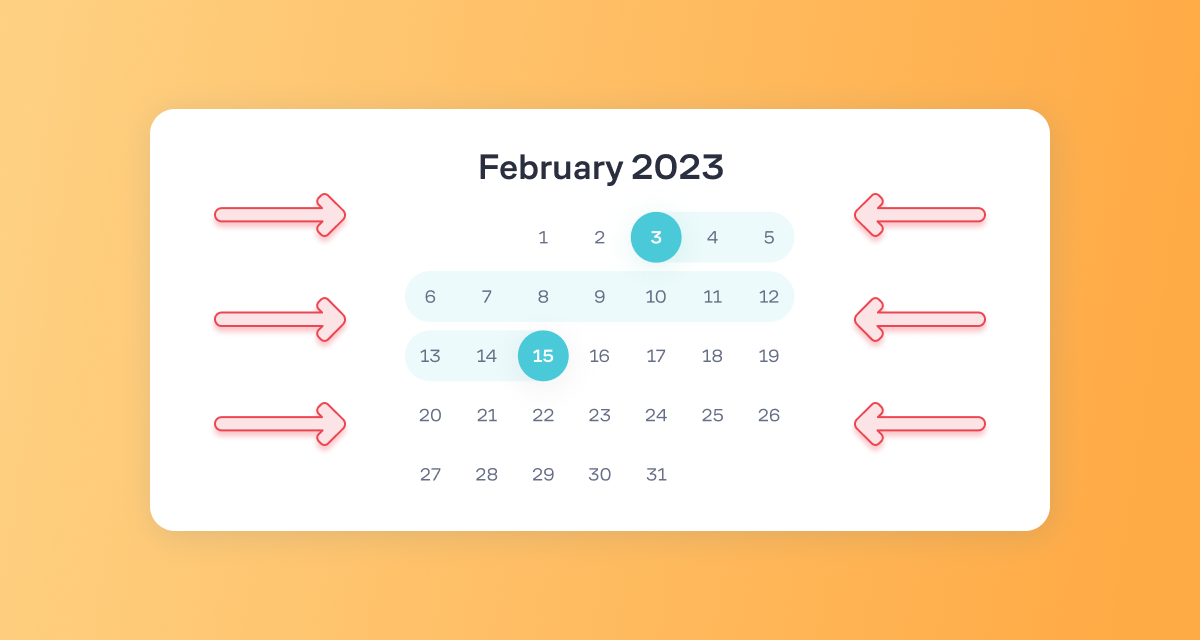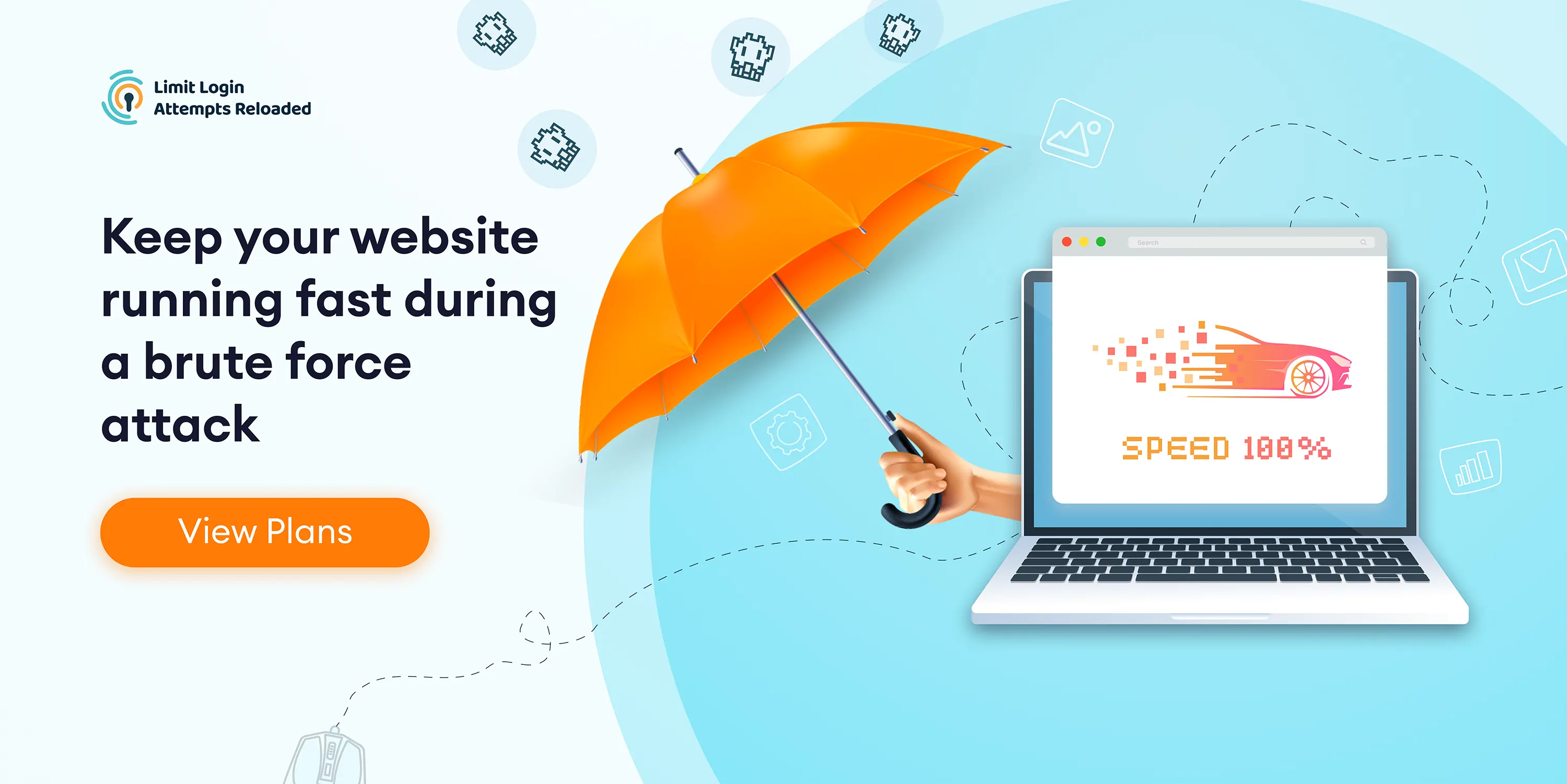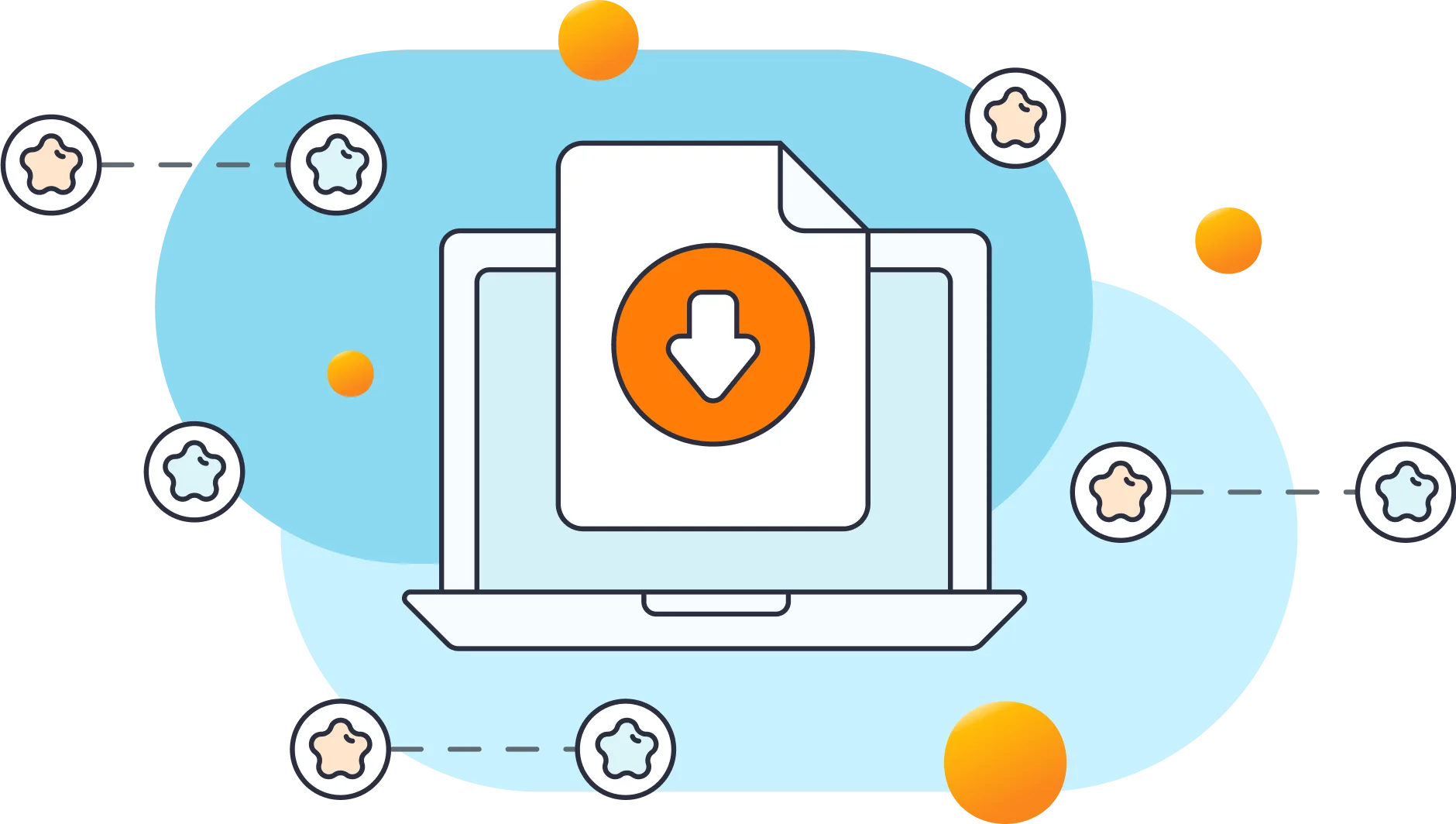While brute force attacks remain a potential threat throughout the year, they tend to spike during periods characterized by heightened web traffic or exploitable events, amplifying the risk of cyberattacks. In this article, we'll discuss the patterns and triggers behind brute force attacks, and how you can best prepare.
Why Do Brute Force Attacks Spike During Periods of High Traffic?
Surprisingly, hackers operate their activities akin to a legitimate business, aiming for profitability by generating revenue to sustain their attack resources; they thrive when web traffic and purchasing activities are at their peak. For instance, if a hacker infiltrates your website, compromising the online store, they might strategically exploit the situation by targeting peak sales periods like holidays or events. Alternatively, they could hold your website hostage, creating a challenging scenario, especially during your busiest times of the year.
Holiday Shopping Seasons
Holiday seasons, marked by a surge in online shopping and vacations, witness an uptick in brute force attacks, particularly in November and December, as increased web traffic accompanies festive sales and promotions; similarly, May experiences heightened activity due to events like the onset of summer, Mother's Day, and Memorial Day in the United States, contributing to increased cyber threats in the e-commerce and travel sectors. As millions of travelers are on the move, away from their desks, hackers seize these moments as opportune times to infiltrate your website, taking advantage of potential delays in response.
At LLAR, our data reveals a direct correlation between elevated traffic during holiday events and a rise in unsuccessful login attempts across our network, while the slowest months for attacks, likely attributed to fewer global events, are January, February, and August.

Global Events
Brute force attacks may surge during major global events like the Olympics or presidential elections due to increased web traffic, distracted users, opportunistic timing, economic and political motivations, and higher stakes. The significant influx of online users provides a larger pool of potential targets, while distracted individuals become more susceptible to cyber threats.
The higher stakes associated with such occasions make them attractive targets for those seeking financial gain, political influence, or to create widespread disruption, emphasizing the need for heightened cybersecurity measures and user awareness.
Success Stories Hundreds of Agencies Across The World Use LLAR






Should I Take Extra Precautions During Elevated Periods?
If your website employs robust password practices, enforces login restrictions, and maintains effective account policies, these measures should prove satisfactory. Additionally, we advise implementing login restrictions based on country to minimize exposure. In cases where high website traffic may lead to heightened brute force attack risks, consider outsourcing the defense against such attacks to the cloud, as recommended in the Performance Optimizer by LLAR.
Conclusion
In summary, LLAR maintains the view that hackers are most likely to target your business when it's most vulnerable, often during periods of peak revenue or heightened web traffic. To safeguard against such threats, we strongly advocate for top-notch protection. Elevate your defense with LLAR Premium, offering advanced security measures to ensure hackers are kept at bay. Take the first step today and fortify your website against potential cyber threats.
Frequently Asked Questions
Brute force attacks see a surge during holiday shopping seasons, particularly in November and December, as heightened online traffic accompanies festive sales. Cybercriminals exploit increased web activity during these periods, targeting e-commerce and travel sectors.
Brute force attacks may escalate during major global events due to increased web traffic, distracted users, opportunistic timing, and higher stakes. The influx of online users provides a larger pool of targets, making individuals more susceptible to cyber threats.
Hackers view businesses as most vulnerable during periods of peak revenue and web traffic. Operating similarly to legitimate businesses, cybercriminals aim for profitability by exploiting opportunities when purchasing activities are at their peak.




